O Tempo Não Pára
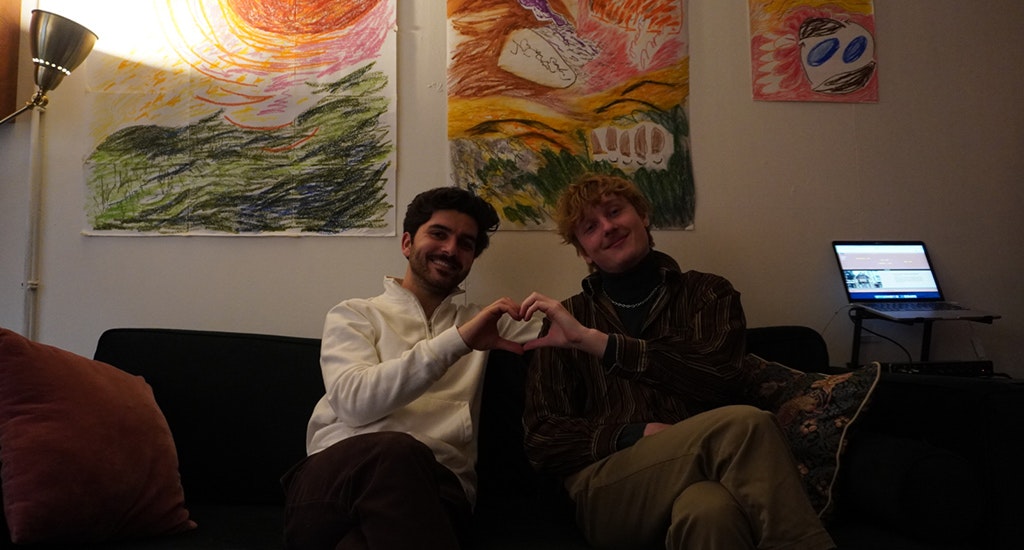
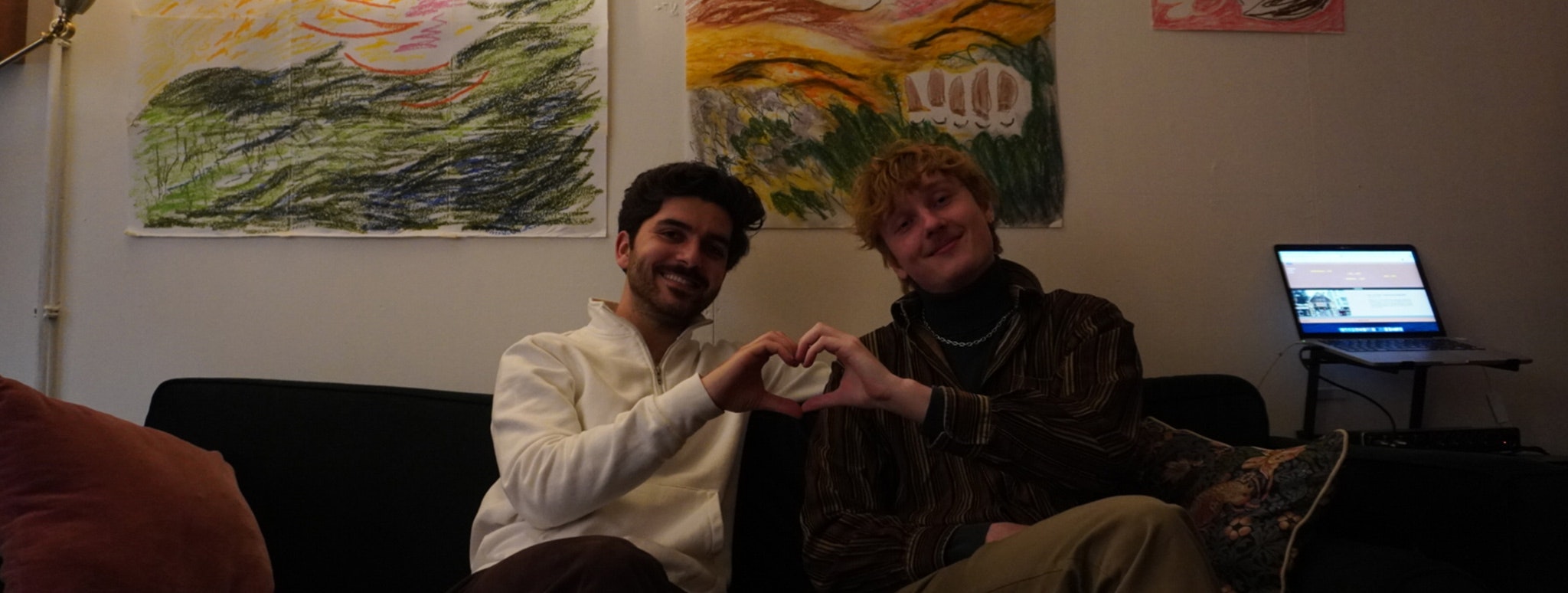
A Second Living Room
As much as any radio-station can call itself ‘community-oriented,’ Radio Tempo Não Pára (Radio TNP) strikes us a radio-station for which the social bonds between its listeners, its DJs, and its community at large take on a particularly strong significance. Currently tucked inside of an art gallery – Fuse – within the NDSM wharf in Amsterdam Noord, Radio TNP is neither pretentious nor institutional: fundamentally, it comes across as an anti-elitist, grassroots platform, run by an open-minded group of youngsters passionate about creating a musical playground; a space for experimentation, personal and professional development, and most importantly, human connection.
Social cohesion, - inclusion, and – sustainability are values close to the heart of Radio TNP. In its most basic form, this can be seen by the way the studio is built to function as a permanent physical meeting space. Just as we go about things at Future Intel, programming each day is done with an eye on similarities between DJs and a progression within sets. DJs are not meant to pass through; instead, the space and line-up is curated in such a way as to encourage you to stick around; to get know each other in a warm, relaxed, and most importantly, a lived-in setting. Radio TNP is not a cold or static environment, it is a living entity; a concept and a space that invites change, invites you to leave your mark, developing a unique web of layers as the station and the community around it continues to grow.
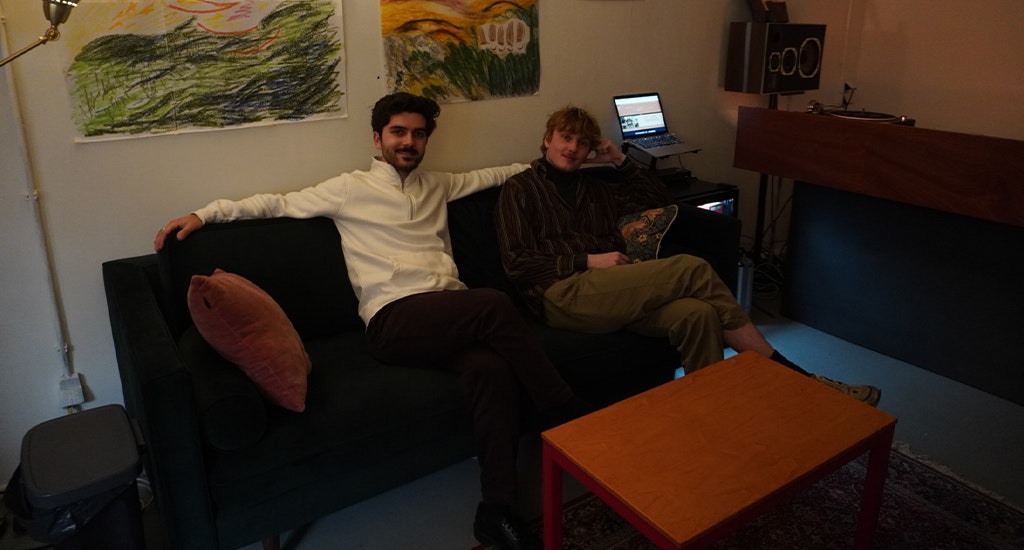
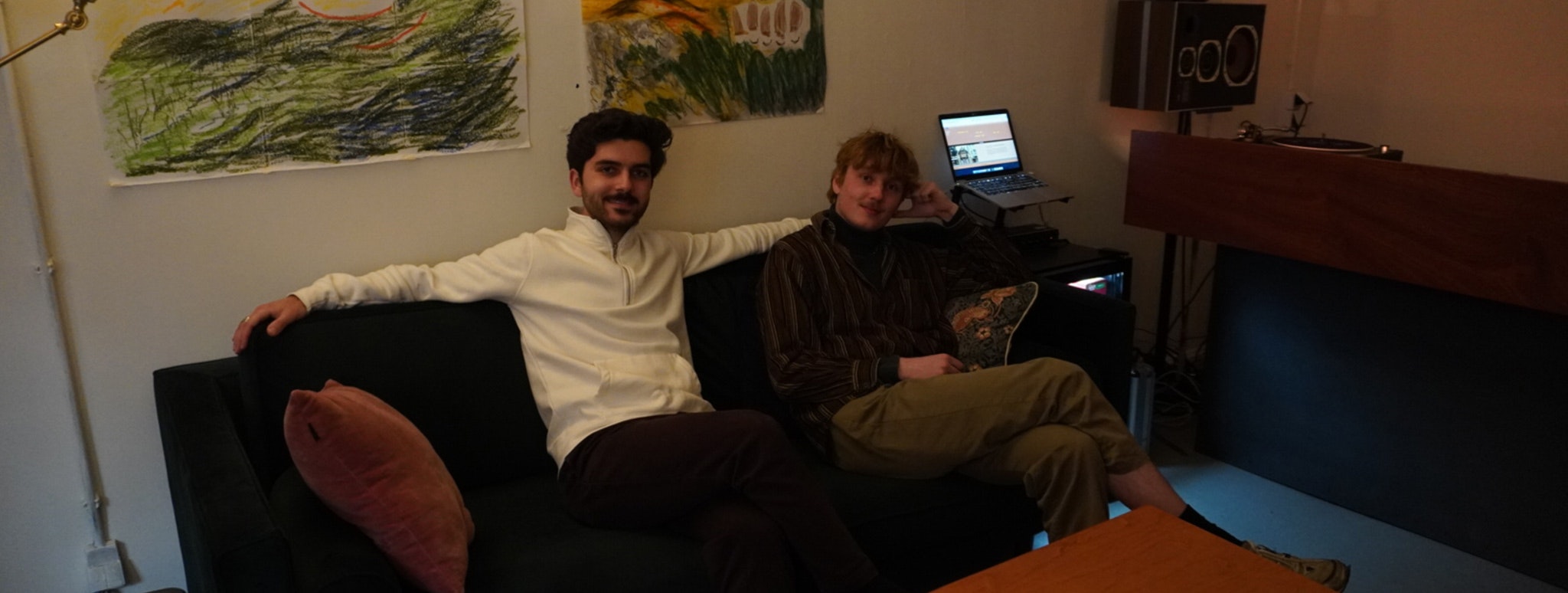
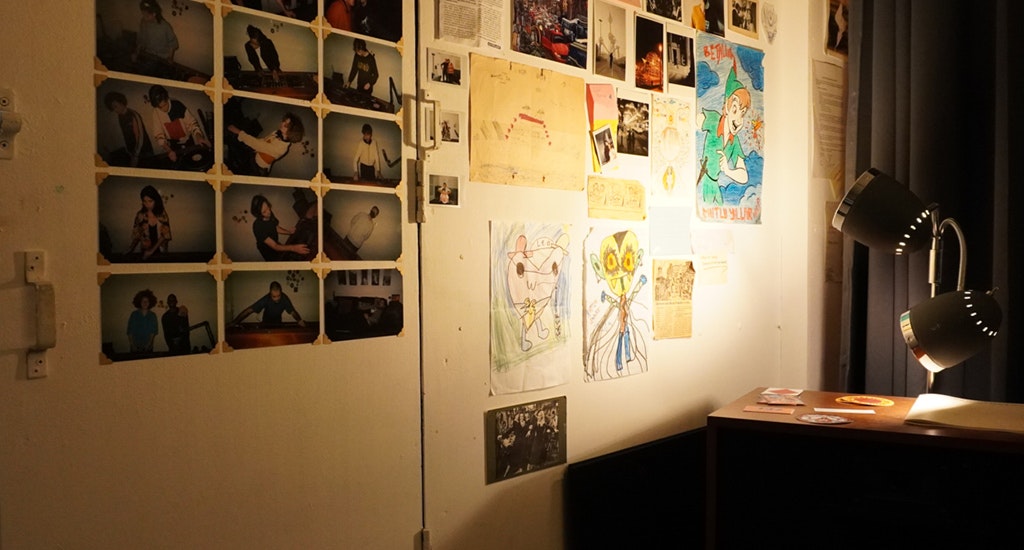
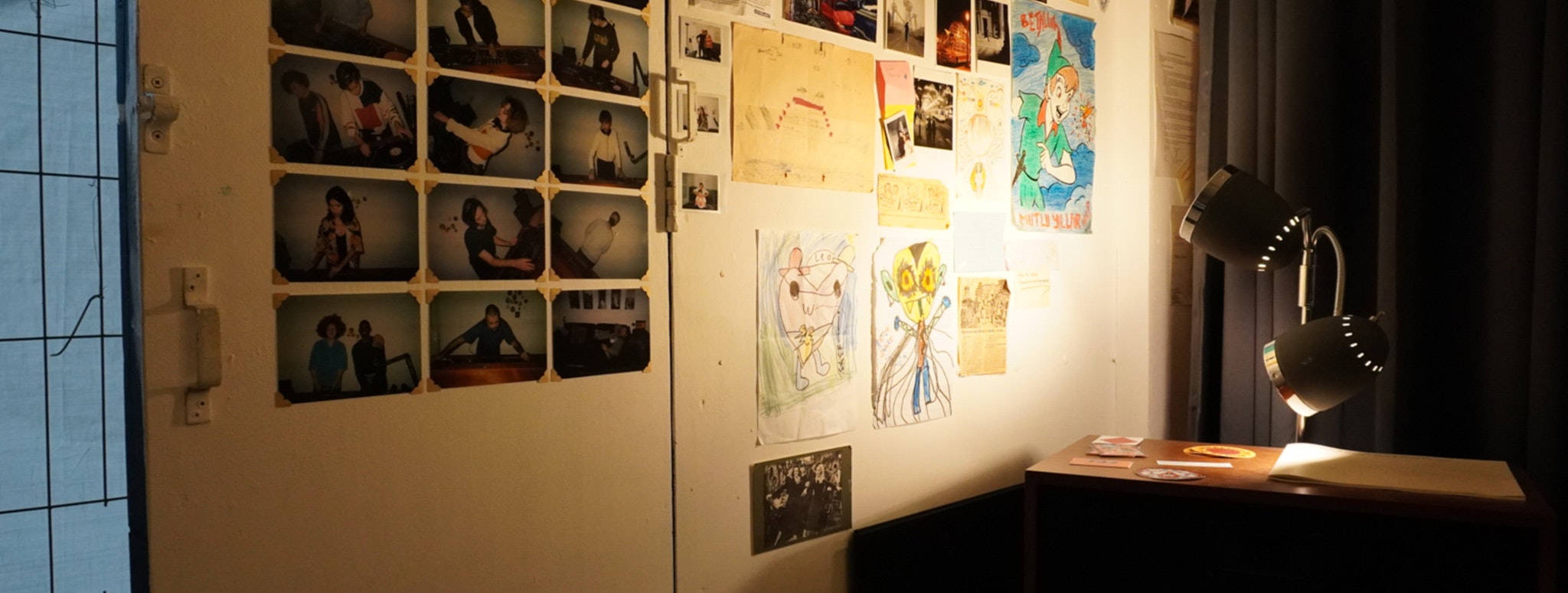
O Tempo não Pára – Time Does Not Stop
Its origin story, the kind of mixture between absolute analogue, offline interactions and digital connections that entail bizarre twists such as developing long-distance friendships on the cybersphere with a community of creatives from Brazil, demonstrates something we believe is integral and unique to Radio TNP; a quality that is hard to pin down and impossible to buy.
A few years ago, Daniel Tieman and a group of friends decided to give Ozzy a cassette for his birthday. This cassette-tape, entitled ‘tempo não pára’ (Portuguese for ‘time does not stop’, but also ‘time will not pass’) was filled with mementos of their friendship: songs they had shared over the years, with recordings of themselves recalling memories of Ozzy. Just as ‘time does not stop’ foretells the futuristic, amorphous spirit of TNP – a spirit needed to explore, to pioneer, to give new sounds a chance (my interview notes contain the line: “DJ Marcelle, three decks, baby goat noises”) – its second meaning, ‘time will not pass’ speaks to the quiet trance music can place us in: one in which the world stands still.
Ultimately, everyone liked this project so much that they decided to create a Soundcloud station bearing the same name. Due to its Portuguese title, it attracted the attention of a particular subsect of like-minded musical nerds from Brazil, and the long-distance Seiva residency of AstroFM was born. On our couch a few years later, Ozzy confesses they’ve considered changing the name of the station once or twice since, now that the project has taken on a life of its own. “But it wouldn’t be right,” he says. “Besides, it’s fun to see how everyone mispronounces our name.” And so it was.
Paradox and Praxis
In my interview with one of the core members of the team, Tim Lensvelt, we repeatedly go in circles; ones in which I propose ways to describe my impressions of TNP (positive) and he expresses reluctance and frustration at the ease with which one can adopt these descriptors, readily congratulating oneself for such things as being ‘political,’ or ‘socially aware;’ even ‘critical’ makes him flinch. This is a good exercise for us both; easy words do no one any good. His only retort: “It’s nice to be seen as a progressive radio-station, but we realize that there are a lot of inner workings within our platform that mirror outer problems, as much as we actively try to work against these issues.” Fair enough, and yet it is precisely this tension that interests us; the tension of recognizing problems within one’s own project, but being unable to change as much, as quickly, or as linearly towards ‘ideal solution’ as one would like. It’s a short-cut to say: “we’re fixing it,” because “fixing it” is hard; a process no one person has the right to say is ‘completed’ or not.
Classic dilemmas – not enough female DJs, then again, isn’t the team of the station itself mostly male? Running a cultural platform is bound to be riddled with paradoxes once the idea turns into practice: Radio TNP has an open-door policy but is hard to find in the first place. It’s a grassroots organization, started with little to no capital by a group of friends, but is currently based within a neighborhood of Amsterdam undergoing rapid gentrification, part of a project to repurpose neglected spaces. Is it part of the problem? How can it mediate its new place within a community that has existed for decades? And anyways, is acknowledgment worth congratulation? Perhaps not, and yet we don’t see many other radio-stations talking about these problems as openly.
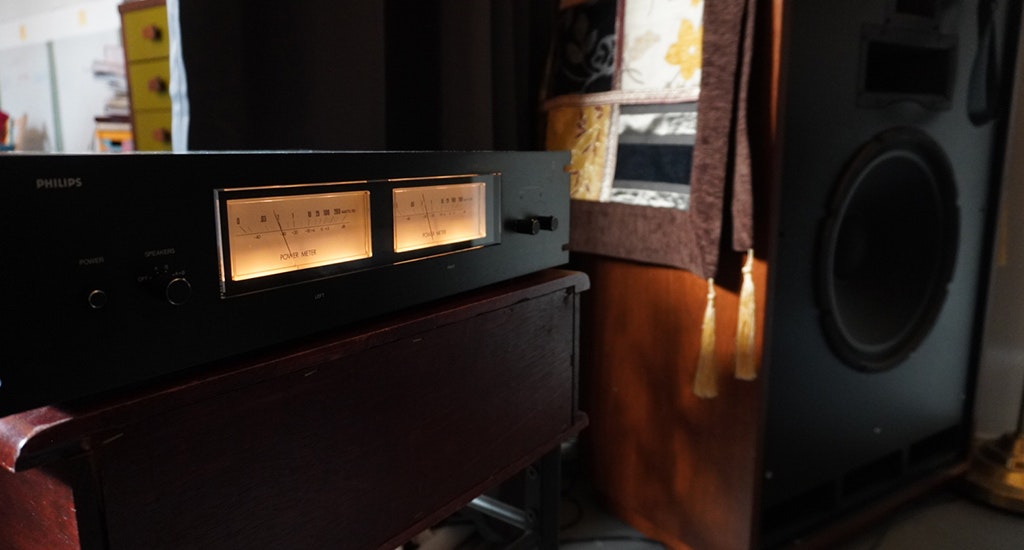
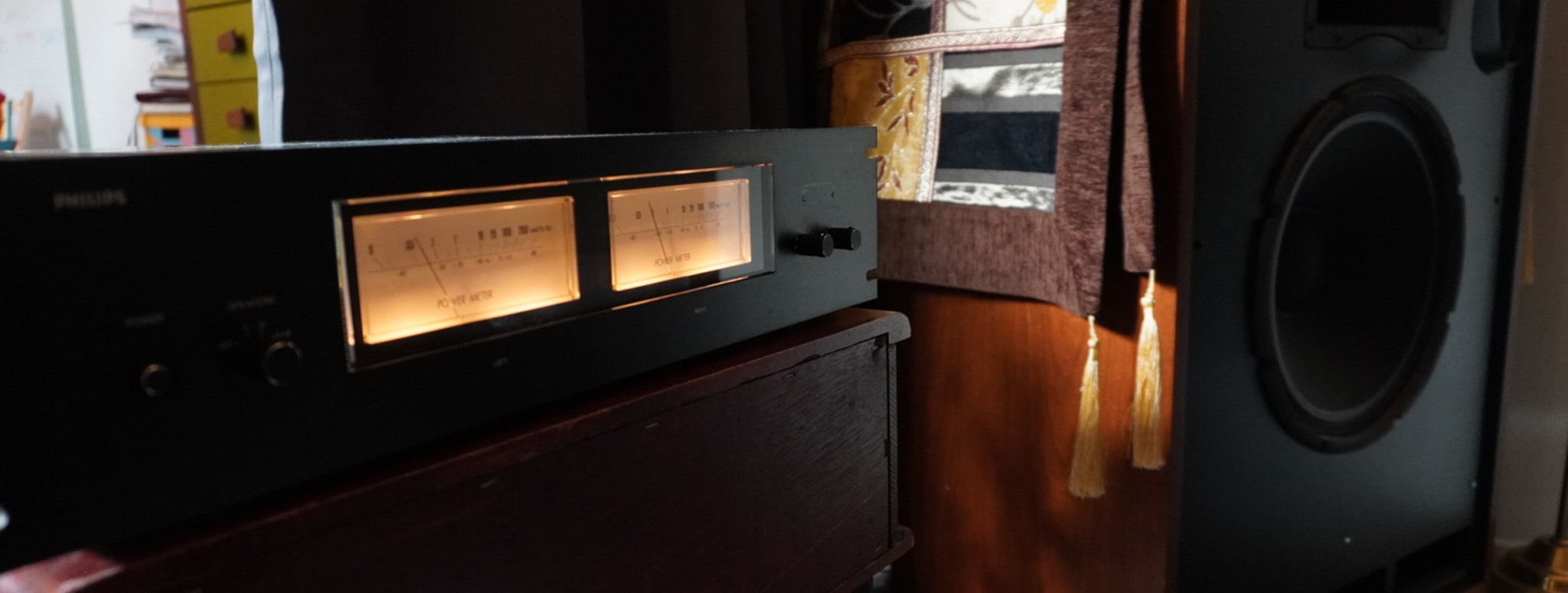
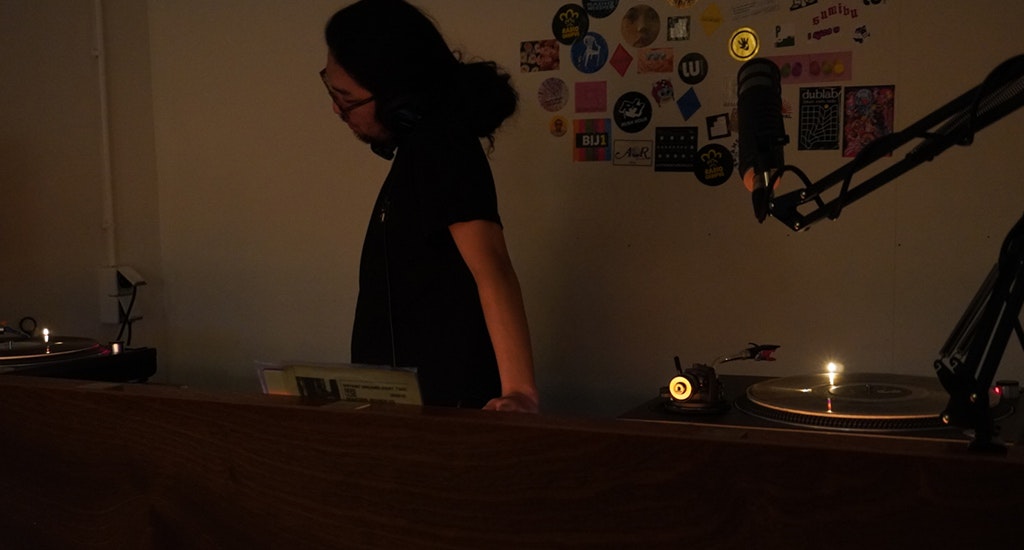
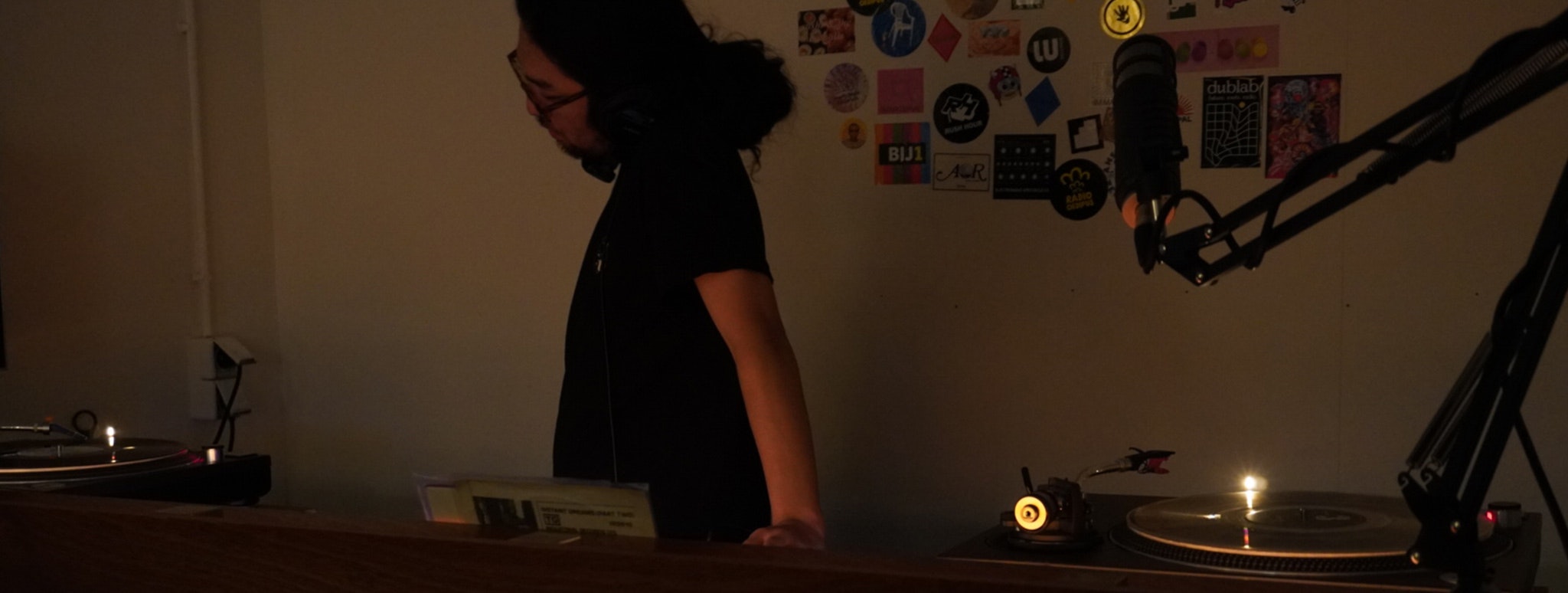
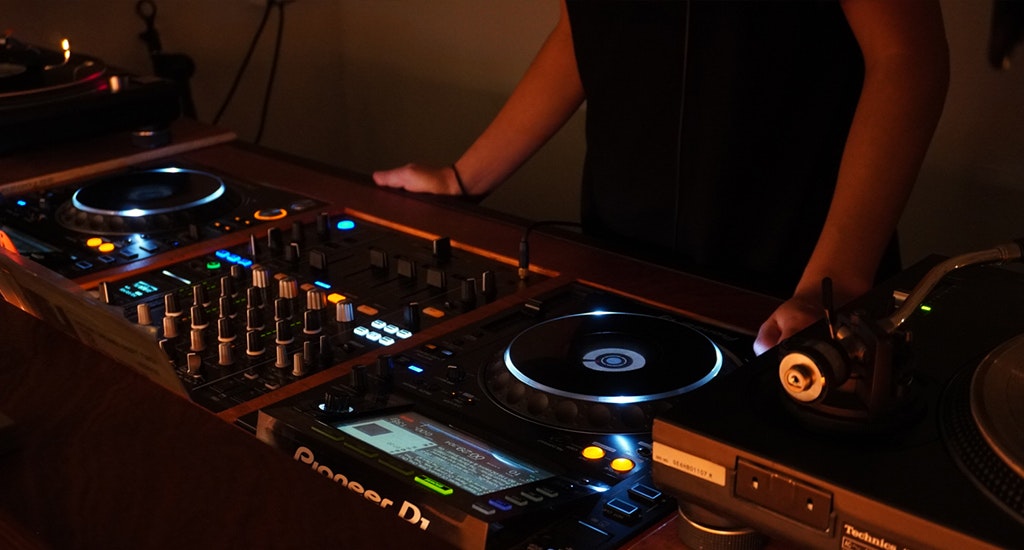
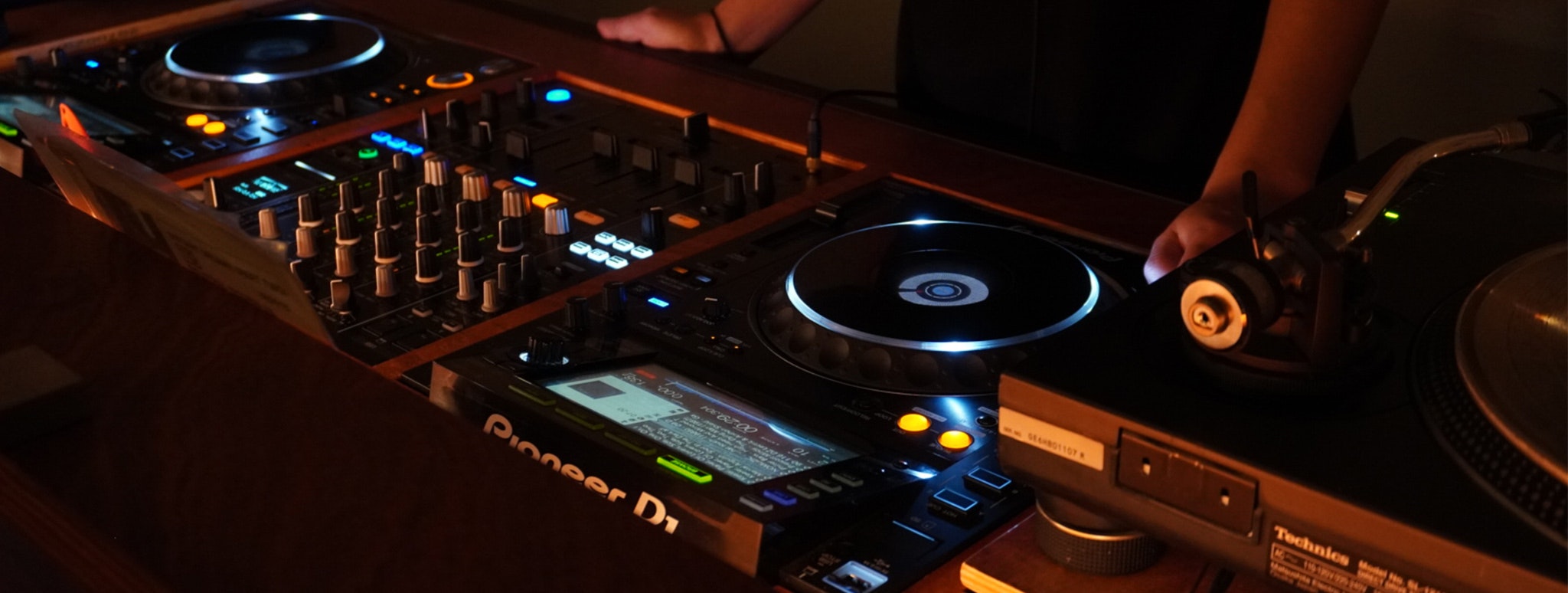
Radio Tempo Não Pára x Future Intel
Last Thursday, the 19th of August, the team of Radio Tempo Não Pára paid us a visit. On the lineup were Caline with C, Chananja, Dasychira, Mukuna, and Arakaza. This humble interviewer would like to note that it was a particularly fun night. Activities ranged from discussing the paradoxes of the music industry to increasingly gleeful dancing to the sets of Mukuna and Arakaza. Kamilè Rimkutè (Caline with C) had just graduated from the Institute of Sonology with a thesis on institutional power imbalances, Luca Bruls (DJ name Lulu, maverick of Garage Noord), who programmed the night with Tim, was as kind, fun, and lovely, as she was talented. We danced, we laughed, we cried.